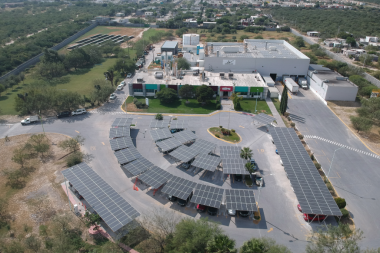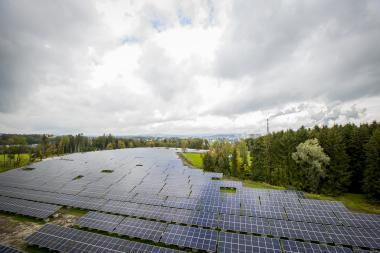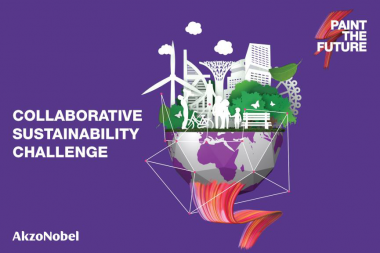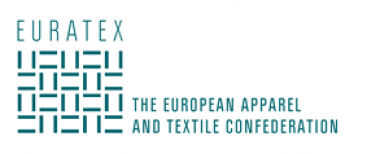Yanfeng recognized for global environmental leadership
Automotive supplier, Yanfeng has been awarded a second consecutive A−rating by Carbon Disclosure Project (CDP) for the group's global leadership in transparency and action on climate change in 2022. Nearly 15,000 companies were rated based on data which they submitted to the organization. Yanfeng also received an Environmental Leadership Award by CDP China
CDP is a non-profit organization which operates a global disclosure system to enable investors, companies, cities, states, and regions to manage their environmental impacts. Every year, several thousand companies worldwide are analyzed about their strategic approach to the challenges of climate change and their climate management activities are rated on the basis of a comprehensive list of criteria. CDP’s annual environmental disclosure and rating process is widely recognized as the gold standard for corporate environmental transparency.
Yanfeng improved its scores in value chain engagement and climate-related requirements for suppliers, as well as targets for increasing low-carbon energy consumption or production.
“As our company-wide target for carbon neutrality, we aim to achieve 100% of our total energy consumption from renewable energy sources by 2030,” said Gunnar Büchter, Vice President of Global Sustainability at Yanfeng. All European plants converted to renewable energy by the beginning of 2022, and other regions also increased their utilization of renewable energy sources. Significant progress has been made in China. By end of 2021 a total of 30% of energy came from renewable sources.
Yanfeng Yanfeng Automotive Interiors Automotive Carbon Disclosure Project Sustainability
Yanfeng




























